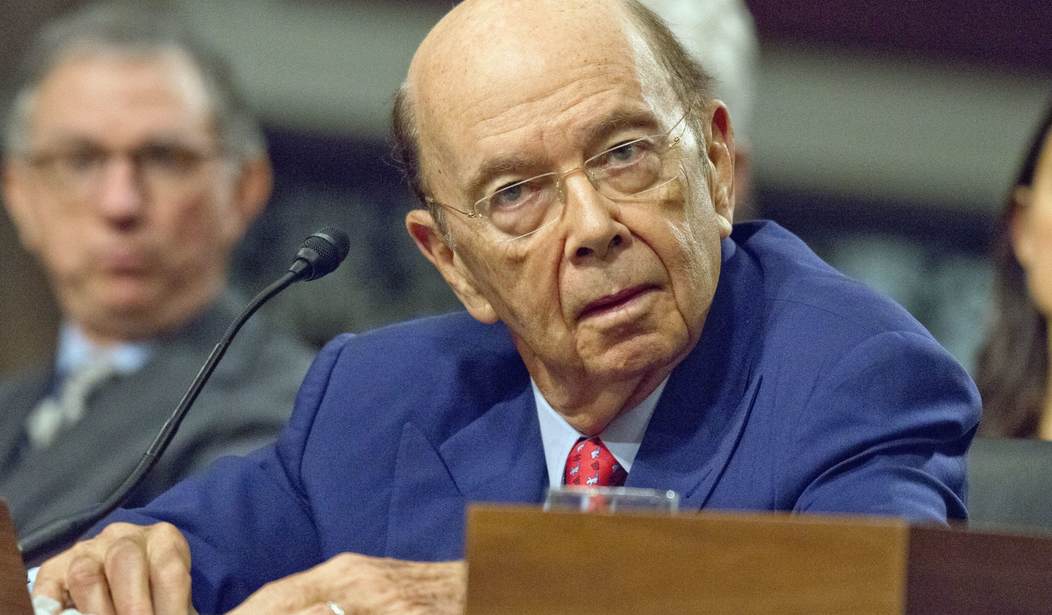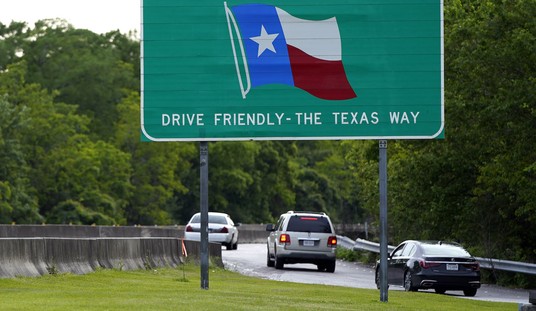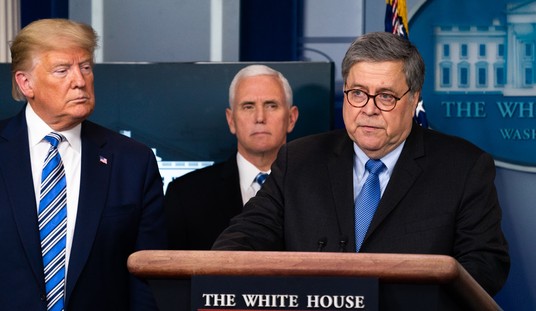WASHINGTON – Billionaire investor Wilbur Ross, President-elect Trump’s pick for Commerce secretary, said he would support direct federal spending on infrastructure projects.
“I think there will be some necessity for it, whether it’s in the form of guarantees or direct investment or whatever, but it’s really for the Congress and the president to figure out what should be the quantity of it and what should be the nature of the project,” Ross told the Senate Commerce, Science and Transportation Committee during his confirmation hearing today.
Rep. Ryan Zinke (R-Mont.), Trump’s nominee for secretary of the Interior, said on Tuesday that the president-elect is “committed” to an infrastructure and jobs bill.
Congressional Republicans were critical of the $800 billion American Recovery and Reinvestment Act signed by President Obama in 2009, which included a mix of federal infrastructure spending and tax credits. The cost of Trump’s early proposal has been estimated at $1 trillion.
Ross faced some questions from senators about the possible impact of the Trump Organization’s assets on his job as secretary. He told the committee that he has agreed to divest from 40 businesses within 90 days of his confirmation to avoid any potential conflicts of interest while serving in the cabinet. Ross also said he would drop another 40 investments within 180 days.
“I made the decision that I did because I thought and agreed with the Office of Government Ethics that this was the right thing for me to do. As I understand it, the rules are different as they apply to the president and I think it’s for him to judge what is the appropriate disposition or non-disposition of his assets,” he said. “I am not intimate enough with the details of his holdings to even have a clear understanding of how extensive they are. Although, I know they are quite huge, so I think that’s really a personal decision that he will have to make.”
Sen. Tom Udall (D-N.M) reminded Ross the Trump Organization is “all over the world” and it could raise some “real conflicts for you in terms of doing your job.” He asked Ross to agree to “notify” the committee if a country or a third party attempts to blackmail Trump or his family by “threatening consequences” to his assets.
“If they threaten me certainly I’ll be able to make people aware of it, but the hypothetical you are posing might very well be something I am not aware of, so that would make it very difficult to inform anyone of anything,” Ross said.
When Udall pressed Ross for a commitment, he said, “I know the president-elect quite well. I think people who threaten him or offer inappropriate things will find he doesn’t take that very lightly. There will be a very strong response on his part quite independently of anything I would do.”
Udall responded, “I am urging you to try to let us know if that situation comes up, because I think it’s very important in terms of the objectives of your department to make sure we keep those conflicts out.”
Udall also told Ross that Democrats “understand” many of the trade policy frustrations that Trump campaigned on during the presidential race. He asked Ross if Trump would use trade promotion authority (TPA) to enforce trade deals without Congress.
“That’s certainly a decision the president would have to make. If confirmed, I don’t believe I would have the unilateral power to make that decision,” Ross replied.
Udall pushed the nominee to answer whether or not he personally supports TPA.
“So far, TPA is the law of the land and until there’s some specific alternative proposed I don’t think there’s any real alternative to it,” Ross said.
Sen. Ron Johnson (R-Wis.) asked Ross to estimate the “growth potential” of the U.S. economy in Trump’s first term.
“I think we can certainly get to north of 3 percent growth if we do all the elements of the president’s program,” he said.
In response, Johnson said he hopes that’s a “minimum goal” since 3 percent growth is the historical annual average rate since the Great Depression.
Ross named some changes that could help the U.S. economy grow including regulatory reform, improving trade balance by “stimulating exports,” implementing an energy policy that takes advantage of U.S. natural resources, adopting a “sensible” infrastructure program and tax reform.
Ross also told the committee he is in favor of “sensible” trade policy that benefits American workers.
“I’m pro-trade but I’m pro-sensible trade, not trade that is detrimental to the American worker and to the domestic manufacturing base,” Ross said. “I think I’ve probably had more direct experience than any prior cabinet nominee has had with unfair trade in the steel business, in the textile business, in the auto parts business and other sectors.”








Join the conversation as a VIP Member